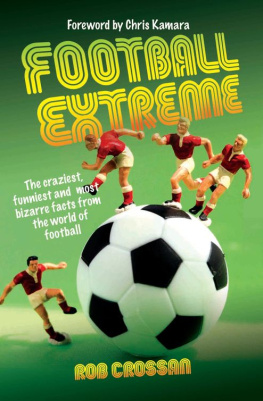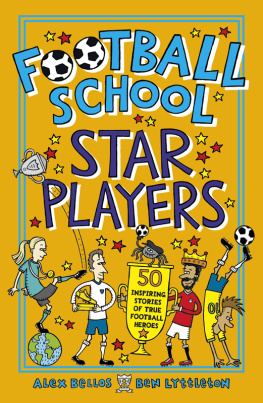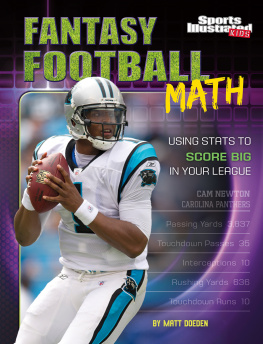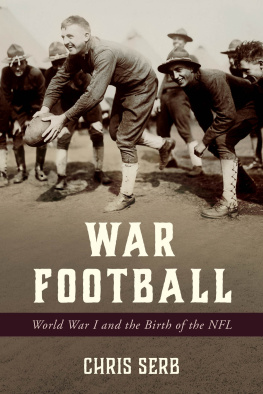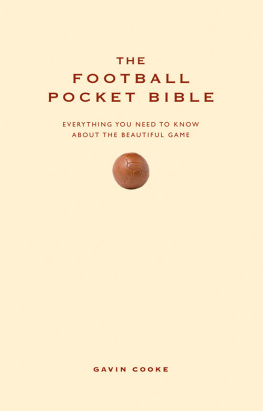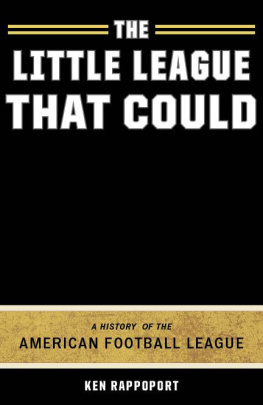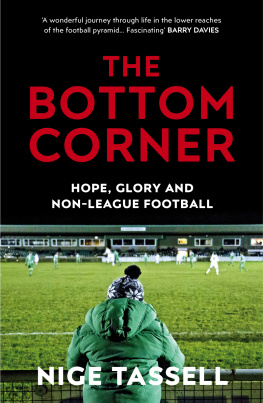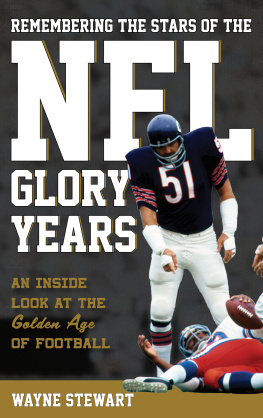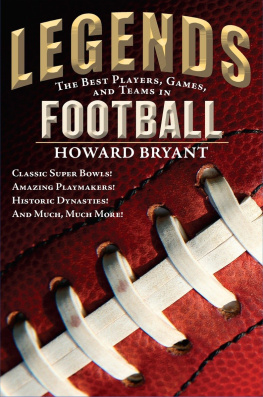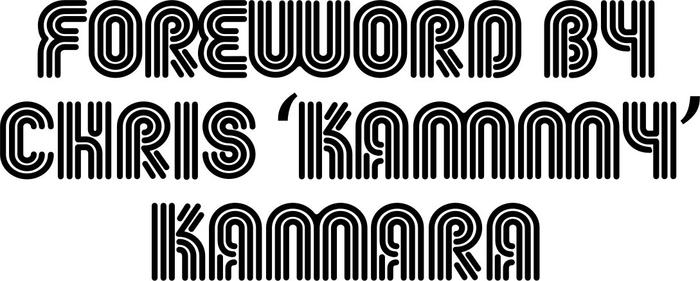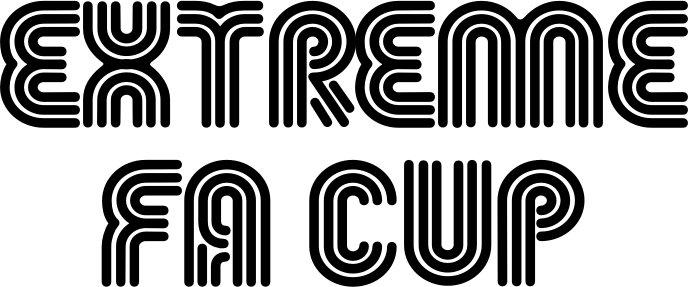Huge thanks must go to all of the fanzine editors, message board scribers, online bloggers and football club archivists who have given so much of their time for nothing to help me with this book youre reading. Theres far too many to thank here but you know who you are.
Thanks to Allie Collins at John Blake for all her helpful guidance through the writing of this book and, lastly, eternal thanks must go to Gordon Glyn Jones and Eoin and Damien McSorley. Without their help, my pipe dream of being able to make a living from writing about football and travel would have remained exactly that.
George Best, Pel, David Beckham none of these people need any more medals, garlands and praise bestowed upon them, and you wont find many mentions of them, or any of the other famous footballing greats, in the following pages.
Rather, this is a book dedicated to the unsung heroes of the game who, in their own myriad ways, have earned a small but special place in football fans hearts as being part of or culpable for some of the most extreme moments in football history.
Some of them will be familiar to you already, some you will never have heard of before. For me, however, the true spirit of the game doesnt lie with watching endless YouTube clips of the Brazilian 1970 World Cup side. It lies with wondering just who the couple of hundred people were who turned up at Stirling Albion on an ordinary Saturday in December 1984 and ended up witnessing the biggest thrashing in British senior football in the 20th century. Are they still celebrating now? Are they aware of their unique place in history? Were the pies any good that day?
We cant ever know any of these things with certainty, but its moments like this which provide football with its soul in all its eccentric, obsessive glory far more than yet another Champions League penalty shoot-out or lucrative multi-million-pound shirt sponsorship deal.
Ive always dreamed of being a spectator at an extreme football moment, like the ones youll read about in the following pages. The closest I have come was in 1992 when, as a typically gauche and callow 12-year-old I was at the Racecourse Ground to watch my team, Wrexham, beat Arsenal 2-1 in the FA Cup third round one of the biggest cup shocks of all time.
Sadly, this moment doesnt make it into the hallowed pages of Football Extreme as the story is just a little too well-known. So instead, this book is full of stories of characters like the Torquay manager who was boss for all of ten minutes the shortest managerial reign in British football history or the non-league football coach who guided his team to the FA Cup fifth round by forcing them to drink something that he called speed oil.
Many of the people featured herein will be proud of their small place in football history. Many will be utterly ashamed. Either way, it is these extreme moments, full of idiosyncrasy, farce, hubris and genius that make football the beautiful game it is. So next time youre enjoying an afternoon in your local pub watching Gerrard or Rooney in action on the big screen, spare a thought for those lower down the footballing pyramid. Perhaps you could even make more of a point of taking a closer interest in what goes on away from the tabloid back pages. For here lies football in all its strangest, most alluring and often completely bizarre glory.
Rob Crossan, London, 2011
How Blyth Spartans had the most extreme Cup run of any non-league side in modern times
They tell you that the magic of the FA Cup occurs in at least one match every year. The truth is, of course, that barring the odd shock result, the worlds oldest cup competition is more or less always won in the end by the top teams. An incredible 35 years have passed since a team from outside the First Division/Premier League has won the thing.
DID YOU KNOW?
Manchester United hold the record for the most FA Cup wins. They have lifted the trophy 11 times in 1909, 1948, 1963, 1977, 1983, 1985, 1990, 1994, 1996, 1999 and 2004.
However, a club in the Northern League, buried deep in the north east of England and playing in incongruous green-and-white stripes came closer than anyone has come in modern times to actually taking the trophy away from the big boys, thanks to their incredible run in the FA Cup of 1977/78.
All the non-league clichs were in place. A ramshackle stadium, noisy local support and a manager in Jackie Marks who claimed to have invented a special drink called speed oil which the players were instructed to imbibe before games. There was clearly something in the water. Blyth Spartans had already disposed of four local sides in the early stages of the competition before beating Burscough in the first round proper and claiming their first league scalp, Chesterfield, in the second round.
Croft Park was the home to the easiest of third round draws, against Enfield. The brilliantly-named Alan Shoulder scored the only goal of the game to see Blyth through to their first really big challenge a trip to Stoke City.
At that time the Potteries side had a young Garth Crooks and Howard Kendall in their ranks and had only recently been relegated from the top flight. Blyth took the lead, but two quick Stoke goals after half-time appeared to spell the end for the non-league outfit. Theyd already played an incredible eight matches to get this far surely their players couldnt possibly have the strength and stamina to turn the game around?

